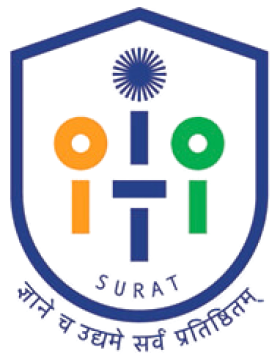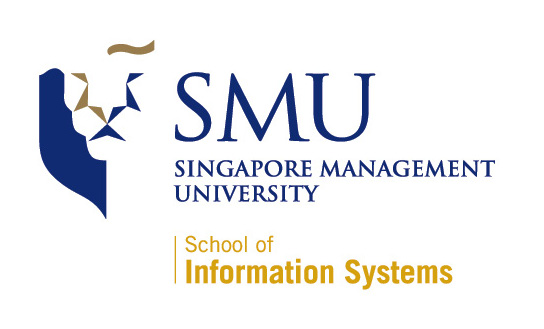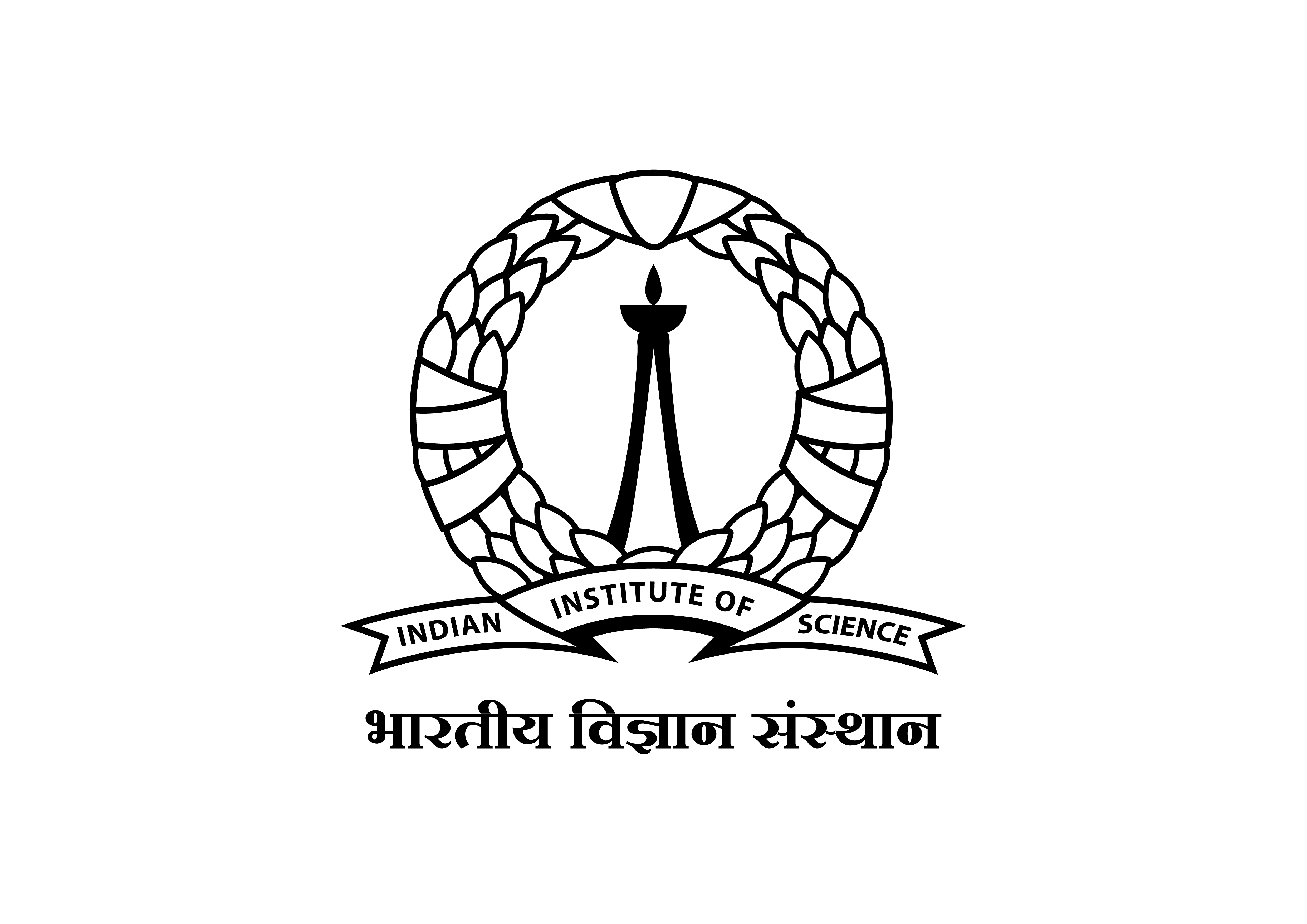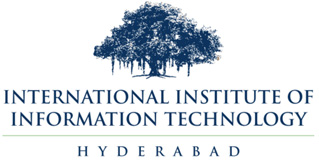Invited Speakers
Andres Kwasinski
Rochester Institute of Technology, USVisit Homepage
Cognitive radios must autonomously sense the wireless environment and learn to adapt their operation accordingly. Reinforcement Learning (RL) offers a natural framework for realizing this paradigm. Applying the cognitive radio paradigm in its purest form to a spectrum sharing scenario requires radios to operate without exchanging information or coordinating with other devices, either within their own network or across networks operating in the same radio spectrum band. This uncoordinated and distributed setting introduces a key challenge for RL: the environment becomes non-stationary, leading to potentially non-convergent or suboptimal learning. In this talk, I will discuss an uncoordinated and distributed multi-agent DQL (UDMA-DQL) technique that is able to learn effectively in a non-stationary environment by combining a deep neural network with learning in exploration phases and the use of a Best Reply Process with Inertia. I will also discuss an analytical study showing that, over arbitrarily long time, the technique converges with probability one to equilibrium policies, while under a finite time it achieves significantly faster learning compared to an equivalent table-based Q-learning implementation.
Andres Kwasinski is a Professor and Director of the Ph.D. program in Electrical and Computer Engineering at the Rochester Institute of Technology, Rochester, NY, USA. He has co-authored more than 110 peer-reviewed publications and four books published by Cambridge University Press and Wiley. His research interests include cognitive radios and wireless networks, cross-layer techniques in wireless communications, and smart infrastructures and networking. He currently serves on the Senior Editorial Board of the IEEE Signal Processing Magazine, where he has also been Area Editor and Associate Editor. He has previously served as an Editor for IEEE Transactions on Wireless Communications and IEEE Wireless Communications Letters. He received the Diploma in Electrical Engineering from the Buenos Aires Institute of Technology, Argentina, and the M.Sc. and Ph.D. degrees in Electrical and Computer Engineering from the University of Maryland, College Park, USA. Dr. Kwasinski is a Senior Member of the IEEE.
Anees Shaikh
Google, USVisit Homepage
Anees Shaikh is with the Global Infrastructure team at Google where he works on software systems to support network management, cloud networking, and routing security in Google’s production networks. Prior to joining Google, he was the Chief SDN Architect at IBM where he was responsible for IBM's software-defined networking product architecture and technical strategy, including leading IBM’s open source networking engagements. Anees also spent over a decade at the IBM TJ Watson Research Center working on applied research in systems and networking in support of IBM's products and services.
Balajee Vamanan
Department of Computer Science, University of Illinois Chicago (UIC), USAVisit Homepage
The rise of large-scale distributed applications, particularly in ML/AI, is driving the adoption of In-Network Computing (INC) to offload heavy L7 functions like aggregation and caching to network devices. While this acceleration is crucial for enabling breakthroughs, it introduces fundamental challenges at the network transport layer. Specifically, the L7 offloads routinely mutate, intercept, reorder, and cause unpredictable delays in messages, breaking the core reliability and congestion control of existing transports like TCP and RDMA.
This talk focuses on this critical incompatibility. We present MTP (Message Transport Protocol), the first transport natively designed for INC. MTP features a message-oriented reliability protocol and a congestion control framework that operates effectively without relying on hardware-expensive, transport-specific state. MTP is proven to improve application throughput by over 15% in testbeds and achieves 65% less tail latency compared to TCP in large-scale simulations under reordering.
Balajee Vamanan is an Associate Professor in the Department of Computer Science at the University of Illinois Chicago (UIC), specializing in networks and systems, with research focusing on datacenter networks, programmable networks, and systems for distributed machine learning.
Prior to his academic career, he was a Senior ASIC Design Engineer at Nvidia Corporation, where he led the hardware design of the memory system for the first Apple MacBook Air. His academic impact includes key publications in SIGCOMM, NSDI, INFOCOM, and MICRO, holding several patents, and being recognized with a Google Faculty Research Award and the College of Engineering Award for Excellence in Teaching (2024-2025).
Dr. Vamanan holds a Ph.D. in Computer Engineering from Purdue University, and a B.E. (Hons.) from the Birla Institute of Technology & Science (BITS, Pilani).
Balaji Palanisamy
University of Pittsburgh, USAVisit Homepage
Coin-based voting governance is the building block of Delegated-Proof-of-Stake (DPoS) blockchains such as TRON, Steem and EOSIO. We recently witnessed the historical event of the first de facto blockchain takeover between Steem and TRON. A takeover in DPoS blockchains refers to an attacker controlling the supermajority of block producers and thereby, gaining immense control of the blockchain including the ability to reverse confirmed transactions and change the private keys of accounts. In this talk, we will present a three-phase model for coin-based voting governance and discuss the takeover attack model and the resistance to takeovers using our rigorous analysis of TRON’s takeover of Steem. We will then discuss our large-scale empirical study of the passive takeover resistance of EOSIO, Steem and TRON blockchains. Finally, we will present our novel insights into the security of coin-based voting governance and discuss potential future work on improving the takeover resistance of DPoS blockchains.
Balaji Palanisamy is an Associate Professor in the School of Computing and Information at the University of Pittsburgh. He received his Ph.D. degree in Computer Science from the Georgia Institute of Technology in 2013. His research interests include Blockchains, Data Privacy, Data Security, Privacy-preserving System Design and Scalable and Efficient resource management for Cloud and Edge Computing systems. His research publications have appeared in several top journals including IEEE TDSC, IEEE TMC, ACM TWEB and IEEE TOIT and in highly reputed conferences such as ACM CCS, CODASPY, CIKM and ICDCS. His research has received numerous Best Paper awards in various conferences including the Distinguished Paper award at CCS 2023, the Best Demo award at ICDCS 2024, and Best Paper awards at DBSec 2022, IEEE BigDataCongress 2018 and IEEE CLOUD 2012. He was an Associate Editor for the IEEE Transactions on Services Computing, IEEE TSC, from 2016-2024 and for the IEEE Transactions on Dependable and Secure Computing, IEEE TDSC, from 2021-2025. He is currently on the Editorial Boards of the ACM Transactions on Privacy and Security, ACM TOPS and the IEEE Transactions on Big Data, IEEE TBD. He is an IEEE Distinguished Lecturer for IEEE VTS and a senior member of the IEEE.
Dipankar Dasgupta
Hill Professor in CybersecurityDirector, Center for Information Assurance
The University of Memphis
Visit Homepage
Generic Large Language Models (GLLMs) are continuously being released with increased size and capabilities, promoting the abilities of these tools as universal problem solvers. While the reliability of GLLMs' responses is questionable in many situations, these are augmented/ retrofitted with external resources for different applications including cybersecurity.
The talk will discuss major security concerns of these pre-trained models: first GLLMs are prone to adversarial manipulation such as model poisoning, reverse engineering and side-channel cyberattacks. Second, the security issues related to LLM-generated codes using open-source libraries/codelets for software development can involve software supply chain attacks. These may result in information disclosure, access to restricted resources, privilege escalation, and complete system takeover.
This talk will also cover the benefits and risks of using GLLMs in cybersecurity, particularly, in malware detection, log analysis, intrusion detection, etc. I will highlight the need for diverse AI approaches (non-LLM-based smaller models) trained with application-specific curated data, fine-tuned for well-tested security functionalities in identifying and mitigating emerging cyber threats including zero-day attacks.
Dr. Dipankar Dasgupta is a Professor of Computer Science at the University of Memphis since January 1997. He has extensively worked on the applications of bio-inspired and machine learning approaches to cyber defense. His groundbreaking works, including digital immunity, negative authentication, cloud insurance model, and auth-spectrum, have earned recognition in Computer World Magazine and other media outlets. He received research funding from different federal agencies including NSF, DARPA, IARPA, NSA, NAVY, ONR, DoD and DHS/FEMA. At the National Cyber Leap Year Summit in 2009, Dr. Dasgupta served as a Co-Chair for the Health-Inspired Network Defense working group (see the report, section 6, starting page 46), the results of which have led to a new research program within the Department of Homeland Security’s Science and Technology. With over 300 publications (including 4 patents), 22000+ citations, and an h-index of 68, Dr. Dasgupta's multidisciplinary research is highly acclaimed. He has received numerous awards, including the 2012 Willard R. Sparks Eminent Faculty Award and the 2014 ACM SIGEVO Impact Award. He also received five best paper awards in different international conferences and has organized Symposia on Computational Intelligence in Cyber Security at IEEE SSCI during 2007-2023. Dr. Dasgupta is an IEEE Fellow, AIIA Fellow and NAI Fellow, an ACM Distinguished Speaker (2015-2020), an IEEE Distinguished Lecturer (2022-2024) and 2024 NSF-Fulbright Distinguished Scholar. He regularly serves as a panelist and keynote speaker and offers tutorials in leading computer science conferences and has given more than 350 invited talks in different universities and industries.
Florin Ciucu
Director of Post Graduate ResearchComputer Science Department
University of Warwick
Visit Homepage
Florin Ciucu is a Professor and Director of Post Graduate Research in the CS department at the University of Warwick. His research interests are in the stochastic modelling of communication networks and the non-asymptotic analysis of stochastic bandits. He co-chaired ACM Sigmetrics 2024 and served on the Technical Program Committees of several other top conferences; currently he is on the Editorial Boards of the Performance Evaluation Journal and IEEE Transactions on Networking. Florin is a recipient of the ACM Sigmetrics 2005 Best Student Paper Award and IFIP Performance 2014 Best Paper Award.
Linga Reddy Cenkeramaddi
University of Agder, NorwayVisit Homepage
Millimeter-wave (mmWave) radar-based sensing has emerged as a transformative technology for diverse application domains—automotive, robotics, medical, industrial, security—owing to its superior capabilities under adverse conditions (darkness, inclement weather), compact antenna design, and fine‐resolution of range, velocity, and angle‐of-arrival (AoA) measurements. In this talk, we look into recent advances in mmWave radar hardware, data interpretation models, and machine learning techniques. We highlight key performance metrics (e.g., range/velocity/AoA resolution, bandwidth, sampling rate), critical non-idealities (such as interference, noise, multipath, hardware variability), and challenges in sensor selection. We will then explore how modern machine learning -- especially deep learning and sensor fusion — is being used to overcome some of the challenges: improving object detection and classification, human and gesture recognition, medical vital sign monitoring, industrial quality control, and robotics navigation.
Linga Reddy Cenkeramaddi is a Professor in the Department of Information and Communication Technology at the University of Agder (UiA), Norway, where he leads the Autonomous and Cyber-Physical Systems (ACPS) Research Group. He received his Ph.D. from the Norwegian University of Science and Technology (NTNU), Trondheim, Norway. His research expertise spans mmWave radar sensing, autonomous systems, sensor fusion, wireless communications, IoT, and AI/ML for embedded and edge computing systems.
Prof. Cenkeramaddi has coordinated and participated in several international research collaborations, including Indo–Norwegian projects with IISc, IITs, and NITs, and has led multiple industry-linked initiatives in radar sensing and AI. He has authored 200+ peer-reviewed publications in IEEE and other high-impact journals, and his work has significantly contributed to the development of energy-efficient, fault-tolerant, and real-time radar-based perception systems.
He is a senior member of IEEE and member of ACM. He is a member of the editorial boards of various international journals (Associate Editor for IEEE Sensors Journal, Evolutionary Intelligence Journal, and GIScience & Remote Sensing Journal, Guest Editor for Special issue: Computational Science for Sustainable IoT Environments (Journal of Computational Science), Guest Editor for IEEE Journal of Selected Topics in Applied Earth Observations and Remote Sensing Special Issue on “Deep Generative Models for Multi-Sensor Image Fusion and Reconstruction for Earth observation and monitoring”) and member of technical program committees of several IEEE conferences. He is the Principal Investigator and a Co-Principal Investigator of many research grants from the Norwegian Research Council.
Rie Shigetomi YAMAGUCHI
University of Tokyo, JapanVisit Homepage
Associate Professor, Rie Yamaguchi received master’s degree in mathematics from Tsuda College, now Tsuda University, in 2003, and PhD degree in Information Science and Technology from the University of Tokyo in 2006. She joined Information Security Center, National Institute of Advanced Industrial Science and Technology, AIST, in 2006 and concurrently serve in National Information Security Center at Cabinet Secretariat, now National center of Information Incident readiness and Strategy for Cybersecurity from 2007 to 2011. Since 2013 she joined to the University of Tokyo as a Project Associate Professor and current position since 2024.
Sanjay K Madria
Curators’ Distinguished ProfessorDepartment of Computer Science
Missouri University of Science and Technology, USA
Visit Homepage
The adoption of connected and automated vehicles (CAVs) has sparked considerable interest across diverse industries, including public transportation, underground mining, and agriculture sectors. However, CAVs’ reliance on sensor readings makes them vulnerable to significant threats. Manipulating these readings can compromise CAV network security, posing serious risks for malicious activities. In this talk, I will discuss a novel framework tailored to CAV networks, called CAV-AD, for distinguishing abnormal readings amidst multiple anomaly data while identifying malicious sensors. Specifically, CAV-AD comprises two main components: i) A novel CNN model architecture called optimized omni-scale CNN (O-OS-CNN), which optimally selects the time scale by generating all possible kernel sizes for input time series data; ii) An amplification block to increase the values of anomaly readings, enhancing sensitivity for detecting anomalies. Not only that, but CAV-AD integrates the proposed O-OS-CNN with a Kalman filter to instantly identify the malicious sensors. CAV-AD has been extensively trained using real-world datasets containing both instant and constant attacks, evaluating its performance in detecting intrusions from multiple anomalies, which presents a more challenging scenario. Results demonstrate that CAV-AD outperforms state-of-the-art methods, achieving an average accuracy of 98% and an average F1 score of 89%, while accurately identifying the malicious sensors.
Sanjay K Madria is a Curators’ Distinguished Professor in the Department of Computer Science at the Missouri University of Science and Technology (formerly, University of Missouri-Rolla, USA). He has published over 300 Journal and conference papers in the areas of mobile and sensor computing, big data and cloud computing, data analytics and cybersecurity. He won five IEEE best papers awards in conferences such as IEEE MDM and IEEE SRDS. He is a co-author of a book (published with his two PhD graduates) on Secure Sensor Cloud published by Morgan and Claypool in Dec. 2018. He has graduated 22 PhDs (incl. of 2 women and 2 African American students) and 34 MS thesis students, with 12 current PhDs. NSF, NIST, ARL, ARO, AFRL, DOE, Boeing, CDC-NIOSH, ORNL, Honeywell, and others have funded his research projects of over $25M. He has been awarded JSPS (Japanese Society for Promotion of Science) invitational visiting scientist fellowship, and ASEE (American Society of Engineering Education) fellowship. In 2012 and in 2019, he was awarded NRC Fellowship by National Academies, US. He is ACM Distinguished Scientist and served as an ACM and IEEE Distinguished Speaker He is an IEEE Senior Member as well as IEEE Golden Core Awardee.









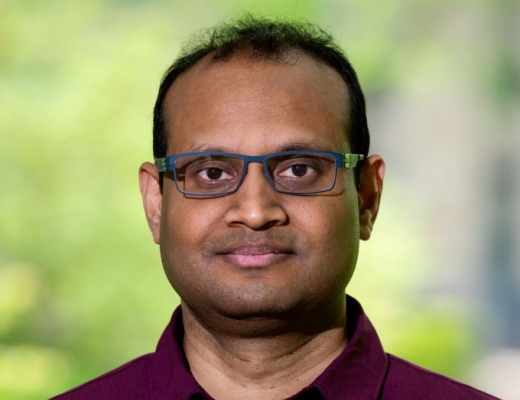
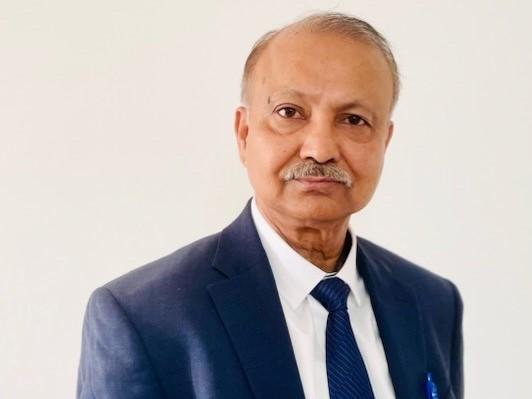

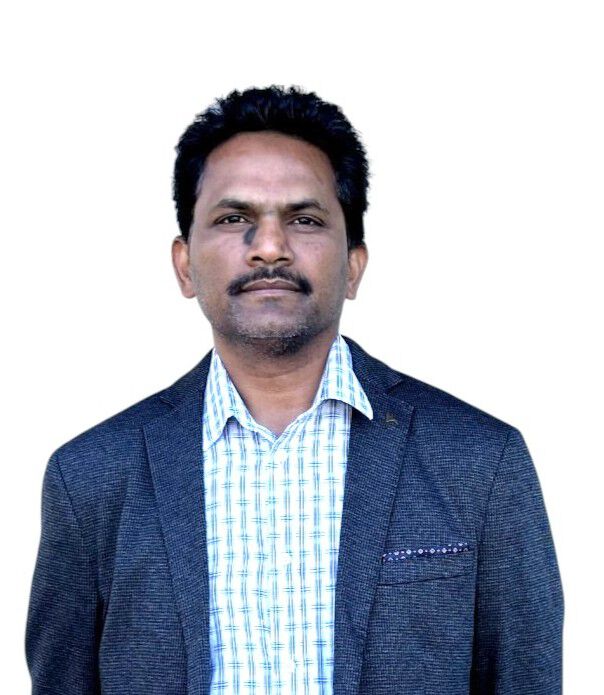
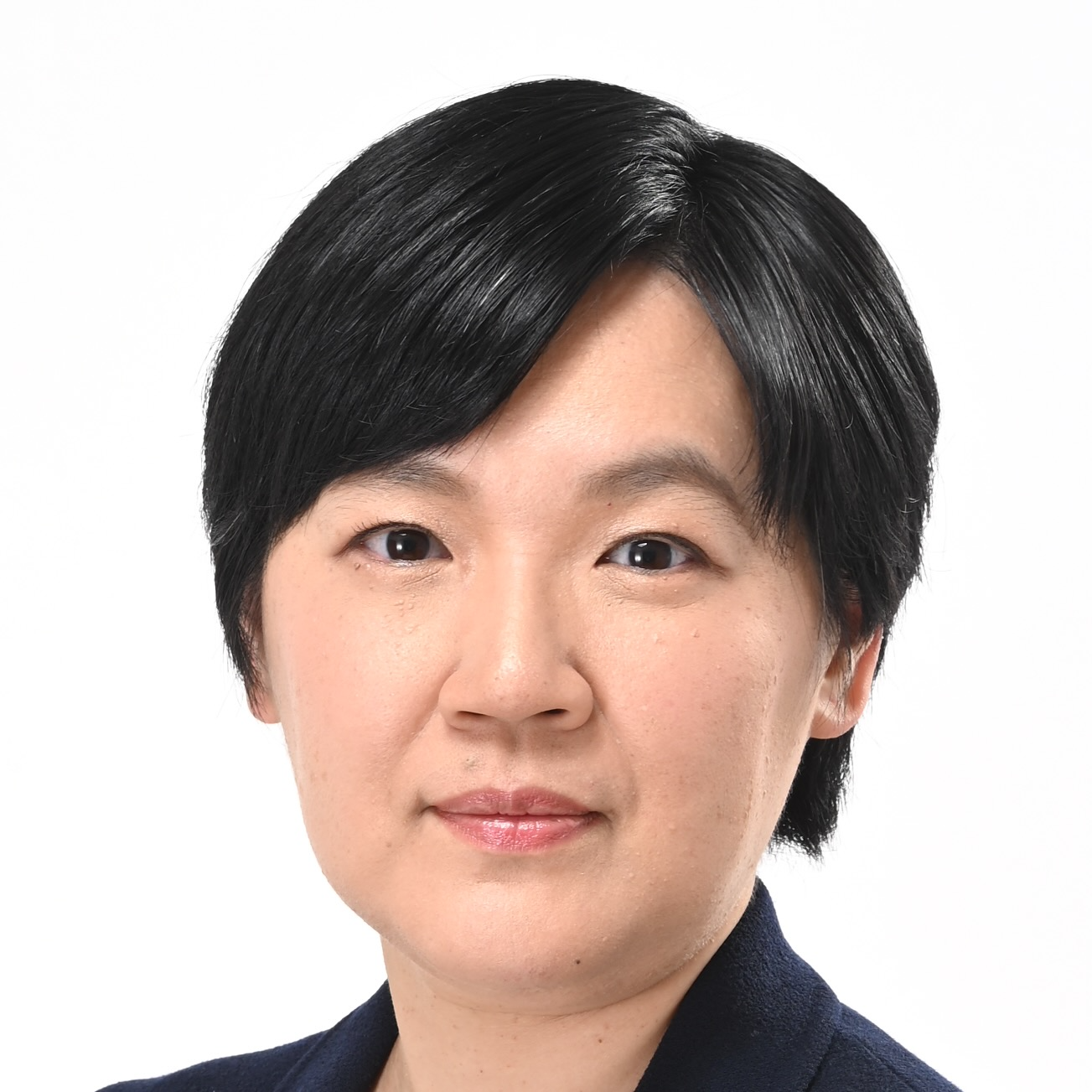










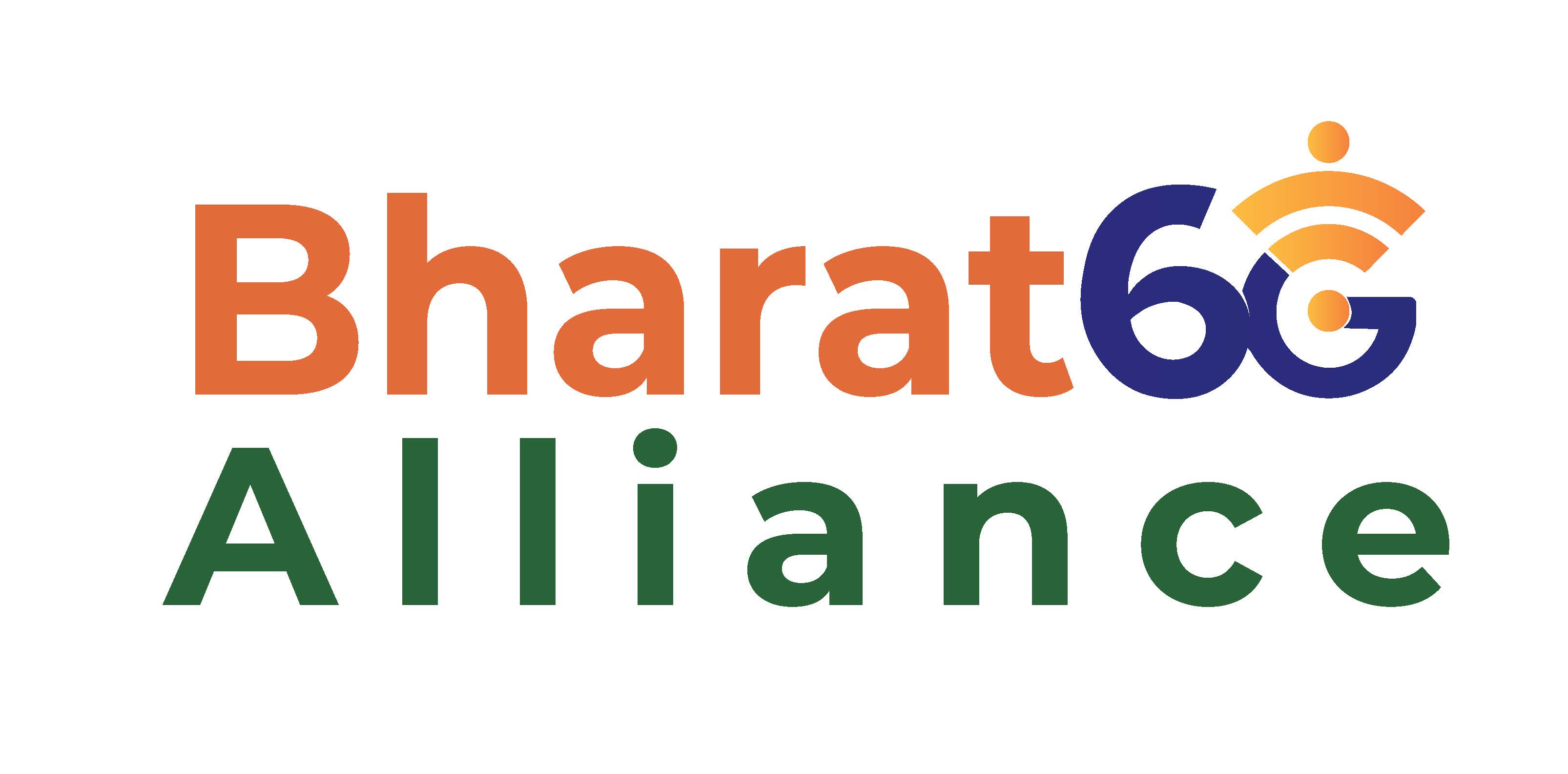

.png)
